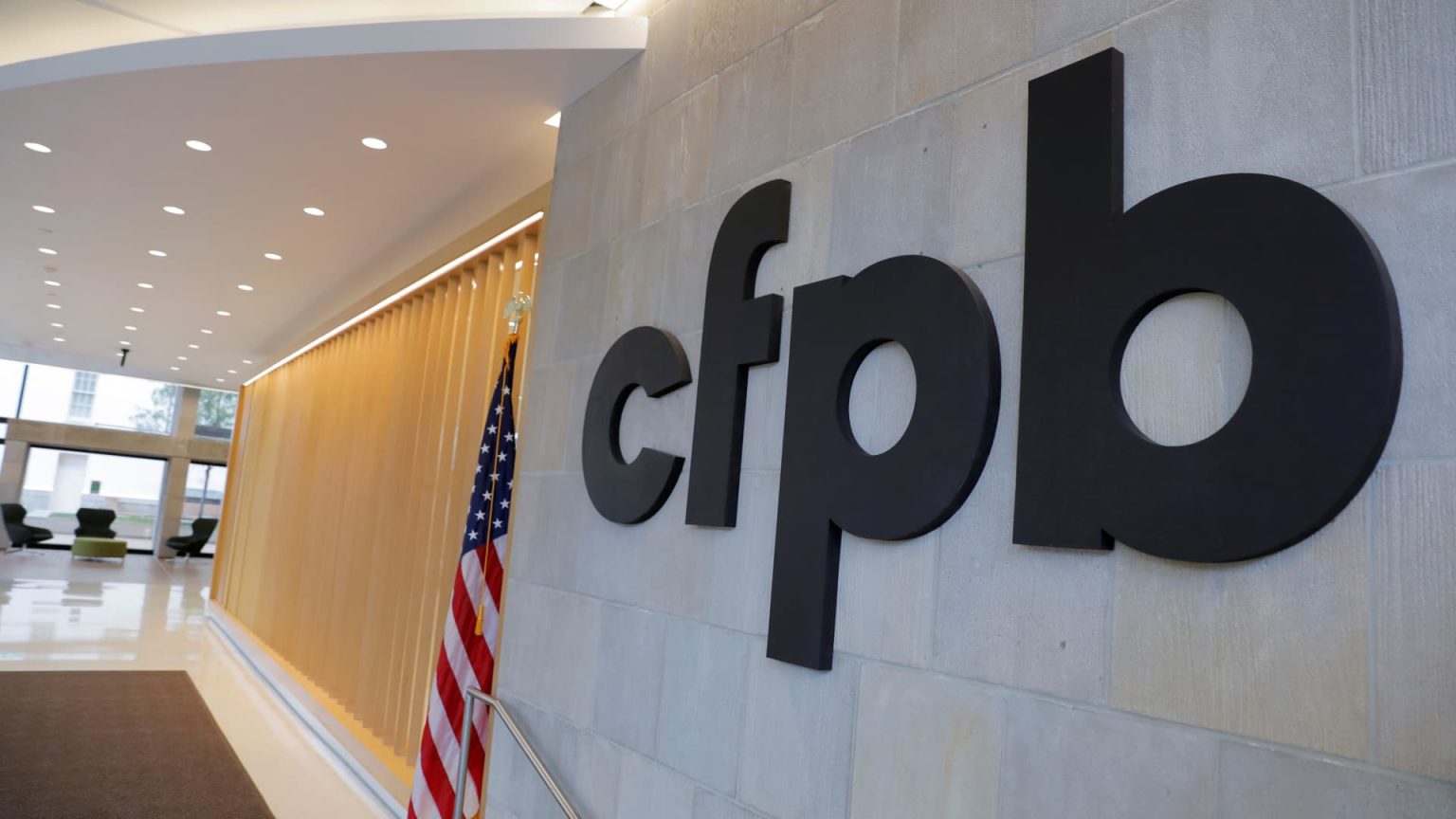In a 7-2 decision, the Supreme Court ruled that the Consumer Financial Protection Bureau’s funding structure is legal, rejecting an argument that it violated the U.S. Constitution. The CFPB’s funding is drawn from the Federal Reserve system instead of relying on annual appropriations from Congress, which was challenged by two trade groups representing lenders. This decision protects the agency from potential political pressures and ensures its continued existence to enforce consumer protection laws and maintain fair markets for financial products and services.
The ruling is seen as a major win for President Joe Biden, who has used the CFPB to help implement key elements of his economic agenda. The decision upholds the constitutionality of the CFPB’s funding mechanism, which was designed to insulate the agency from political influence. The court’s majority opinion, written by Justice Clarence Thomas, stated that the funding source and purpose meet the requirements of the Appropriations Clause. This decision reverses a previous ruling by the 5th Circuit U.S. Court of Appeals that deemed the agency’s funding structure unconstitutional.
The Supreme Court decision was supported by a majority of justices, including both conservative and liberal members. The dissenting opinion, written by Justice Samuel Alito, criticized the statutory scheme that allows the CFPB to fund itself without congressional oversight. Despite this dissent, the court’s decision reaffirmed the CFPB’s authority to protect consumers from predatory practices and ensure fair and transparent financial markets. The CFPB has been at the center of political battles over its regulatory plans, including a recent effort to cap credit card late fees.
The CFPB’s role in protecting consumers and enforcing financial regulations has faced challenges from powerful corporate interests, who have attempted to undermine the agency’s authority. The agency’s rule to limit credit card late fees was temporarily halted by a federal judge in Texas, highlighting the ongoing attempts to weaken the CFPB’s regulatory power. Senate Banking Committee Chair Sherrod Brown praised the Supreme Court ruling as a victory against Wall Street and corporate special interests, emphasizing the importance of the CFPB in advocating for workers and consumers without high-paid lobbyists.
Overall, the Supreme Court’s decision to uphold the legality of the CFPB’s funding structure reaffirms the agency’s authority to protect consumers from harmful financial practices. Despite challenges from lenders and political opponents, the CFPB remains a crucial player in ensuring fair and transparent markets for consumer financial products and services. The ruling also underscores the importance of the agency in implementing key elements of the Biden administration’s economic agenda and standing up to powerful corporate interests seeking to weaken consumer protections.


